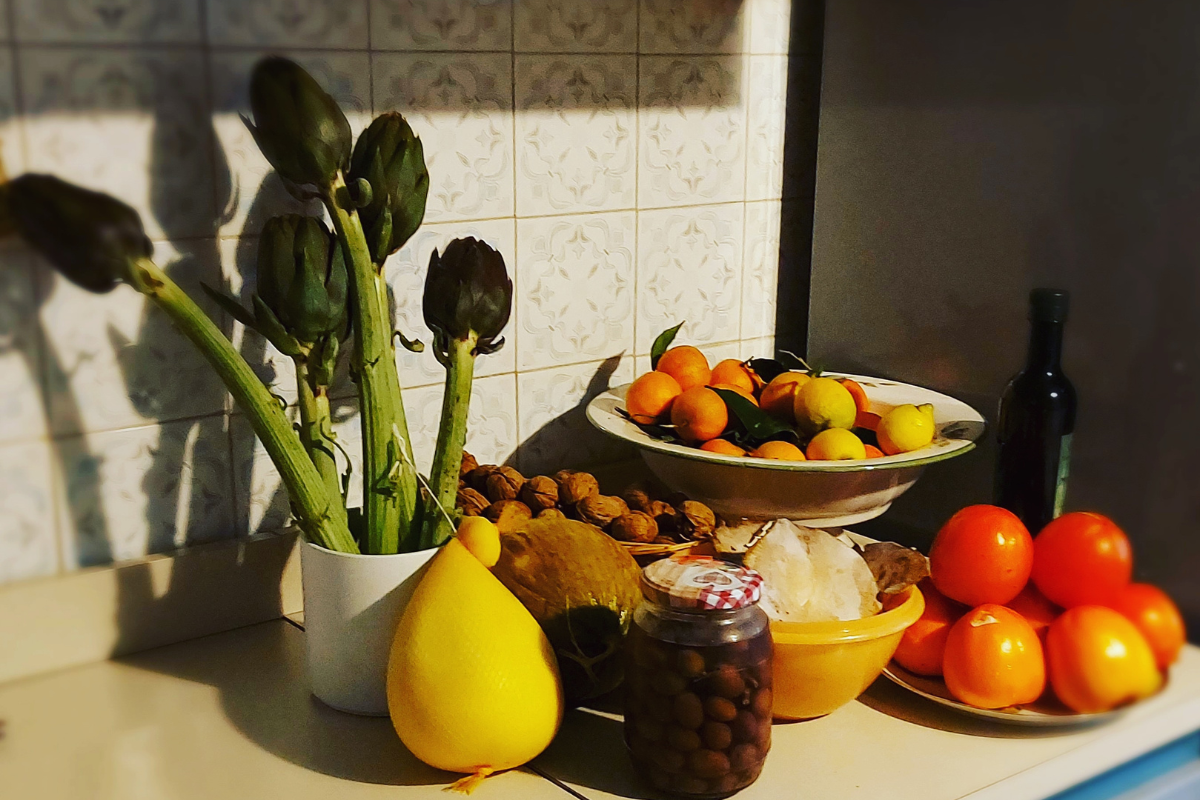Whenever we think of the word ‘diet’ today, the first thing that comes to our mind is weight loss or other similar restrictions to look better. Somehow, the word has become synonymous with eliminating certain foods from your palette. It’s a terrible truth that your taste buds “have” to suffer for your body to feel great. Or is it? The Mediterranean diet is here to put all those misconceptions to rest. As unbelievable as it may sound, the Mediterranean diet is as rich in flavors as it is in its nutritional benefits. Moreover, with little to no specific restrictions, this diet is amongst the easiest to follow. In this blog post, we will be covering what the Mediterranean diet is and its benefits.
What is the Mediterranean diet?
The Mediterranean diet finds its origin in the countries that share the coast with the Mediterranean sea. It contains traditional foods from countries like Greece, Crete, France, Italy, and Spain. A lot of studies have suggested that residents of these countries have exceptional health, primarily thanks to their culinary culture.
The Mediterranean diet doesn’t put any strict restrictions. It encourages the consumption of fresh fruits and vegetables, whole grains, healthy fats, nuts and seeds, and beans and legumes. Processed foods like refined sugar and refined carbs are best avoided. The Mediterranean diet has proven to aid in weight loss and promote heart health. It also helps in reducing the risk of heart attacks, strokes, and type 2 diabetes.
Benefits of the Mediterranean diet
As stated earlier, the Mediterranean diet pleases the tongue and benefits the body alike. Below are some of the amazing benefits of the Mediterranean diet.
The Mediterranean diet is all about swapping unhealthy foods with healthier alternative foods. For example, refined grains with whole grains, pre-made juices with fresh juices, etc. Following the Mediterranean diet will leave you satiated for longer while sticking to a diet! It goes without saying that you’d be dropping those extra kilos.
The Mediterranean diet is loaded with good, heart-healthy fats. From olive oil to nuts and seeds, all of these alternative foods help in bettering your heart. Following the Mediterranean diet won’t only help in lowering bad cholesterol (LDL), but will also keep the arteries clean and manage blood pressure.
A diet that not only helps you shed the extra kilos but also makes you smarter? As unbelievably amazing as it may sound, it’s true. The Mediterranean diet is as good for your brain as it is for the heart. It isn’t rocket science. The simple trick lies in healthy swapping going around. Consuming whole grains, good fats, and fruits and vegetables reduce inflammation considerably. Also, all of these alternative foods are rich sources of antioxidants, making them a favorite for brain health.
Diet Breakdown
Here is a list of what you can and cannot eat.
|
Can eat
|
Cannot eat
|
Final thoughts
The Mediterranean Diet gives one the creative freedom to make their platter as rich as they want with a little less guilt. The foods that one can have are much more diverse than what one can’t have. Moreover, the benefits of this diet are as enticing as the flavors. We hope this blog helps you get started.

